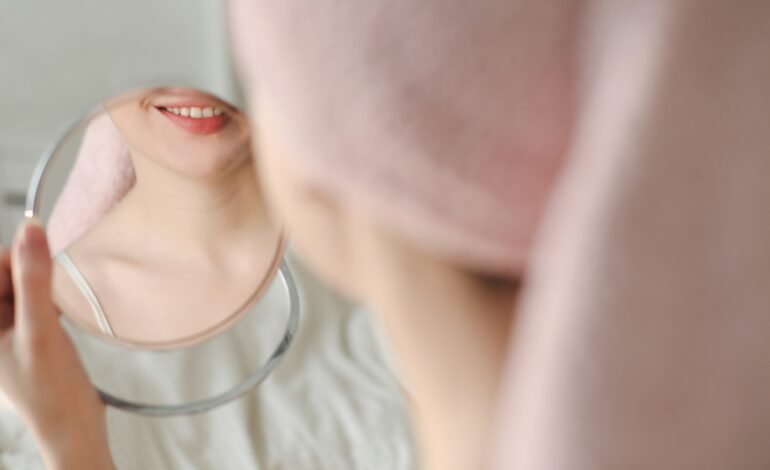Photo of Galina Kondratenko in Unsplash
In a recent statement, the U.S. Food and Drug Administration (FDA) announced the voluntary recall of certain Neutrogena makeup remover wipes, manufactured by Kenvue Brands, LLC. The measure is in response to the detection of a potentially dangerous bacteria for some consumers.
The recall began on September 19, 2025, and affected lot number 1835U6325A of Neutrogena's "Makeup Remover Ultra-Soft Cleansing Towelettes," packaged in 25-count containers made with plant-based fibers. According to the FDA, the products were distributed in several U.S. states, including Texas, South Carolina, Georgia, and Florida.
Bacteria found on Neutrogena wipes
The reason for the withdrawal is the presence of the bacteria Pluralibacter gergoviae, a microorganism that can survive in cosmetic products and poses a health risk to people with compromised immune systems or skin wounds.
The FDA classified this recall as "Class II," meaning that use of the product could cause temporary or medically reversible adverse effects, although the likelihood of serious consequences is low. In its statement, the agency clarified that the risk to most consumers is low, but stressed the importance of following good hygiene practices and discontinuing use of the affected product immediately.
Kenvue Brands, owner of Neutrogena, said the decision was voluntary and that it is working closely with health authorities to ensure consumer safety. So far, no serious cases of infection have been reported associated with this specific batch.
The FDA and the company recommend that consumers check the lot number of the wipes in their possession and, if it matches the lot number, stop using them and dispose of them safely. If irritation, redness, infection, or any other skin symptoms occur after using the product, they are advised to consult a healthcare professional.
The FDA reiterated its call for cosmetic companies to strengthen their microbiological controls and maintain high manufacturing quality standards to avoid risks to public health.
For more stories like this, follow More Latin.
Sources:

